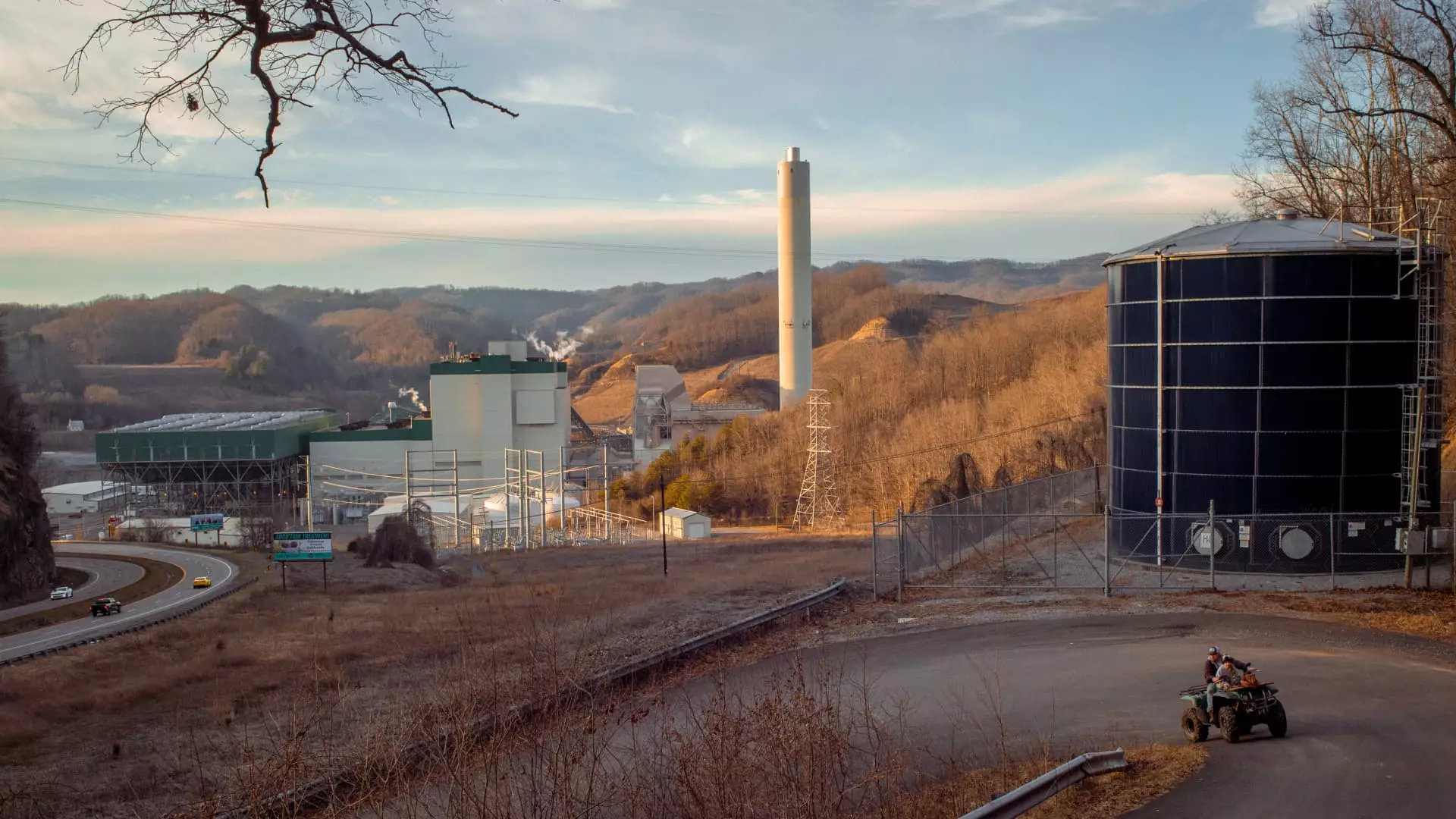The push for sustainable, reliable energy sources has never been more pressing, and small modular reactors (SMRs) are emerging as a pivotal solution in this transition. With corporate giants like Dominion Energy engaging in discussions with major technology firms, the landscape of nuclear power is potentially undergoing a significant transformation. Recently, Dominion entered a memorandum of understanding with Amazon, indicating a serious commitment to investigating the feasibility of SMRs near their North Anna nuclear station in Virginia.
Dominion Energy’s CEO, Robert Blue, emphasized the importance of collaboration between energy producers and tech companies. As power demands surge, especially in tech-centric environments such as AI and data centers, innovative partnerships become crucial. According to Blue, the willingness demonstrated by large energy consumers to support the development of nuclear technology reflects a broader recognition of nuclear power’s potential as a stable, carbon-free electricity source. Virginia’s stance as a nuclear-friendly state, marked by bipartisan support, augurs well for the proposed initiatives.
As artificial intelligence and advanced computing continue to evolve, the energy requirements of data centers are skyrocketing. Companies like Amazon and Microsoft are actively seeking ways to diversify their energy portfolios, and nuclear power stands out as a promising avenue. Virginia, known for hosting the country’s largest data center market, can provide a stimulating environment for this energy shift, particularly through the construction of small modular reactors that can deliver approximately 300 megawatts of power.
The advantages of SMRs over traditional nuclear reactors are manifold. Their reduced capital costs and faster deployment times make them an attractive option in the race against climate change. With a smaller physical footprint, these reactors can be sited more flexibly and involve a streamlined manufacturing process. However, despite these benefits, the technology has yet to achieve a substantial commercial presence in the U.S., pointing towards significant roadblocks that need addressing.
While initial conversations with tech companies are an encouraging start, the path to operational SMRs is fraught with challenges. Regulatory hurdles, public perception, and the legacy issues surrounding nuclear energy still loom large. The industry’s failure to produce an operational small modular reactor in the U.S. indicates that without concerted efforts from both industry leaders and government, the promised future of SMRs may remain just that—promising but unfulfilled.
The collaboration between Dominion Energy and major tech firms signals an acknowledgment of the crucial role of nuclear power in achieving a sustainable, low-carbon future. As the world transitions away from fossil fuels, the successful development and implementation of small modular reactors could play a defining role in meeting escalating energy demands while mitigating climate change. The dialogue initiated by Dominion and Amazon is just the beginning; continued investment, innovation, and public engagement will be essential in realizing the full potential of this emerging technology.

